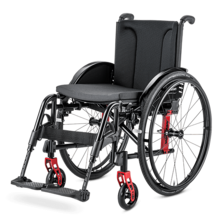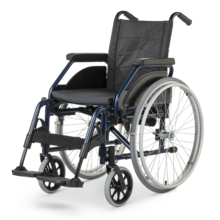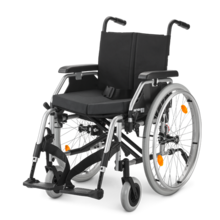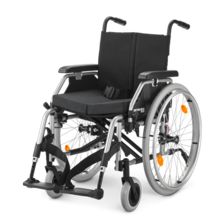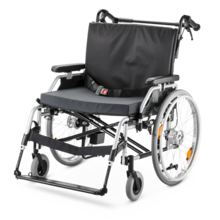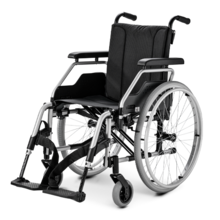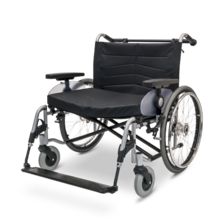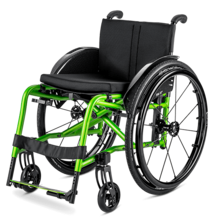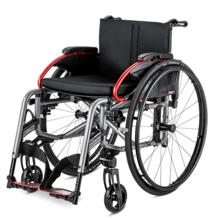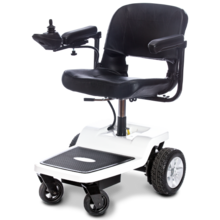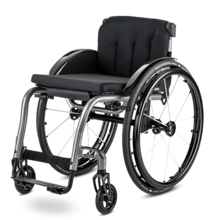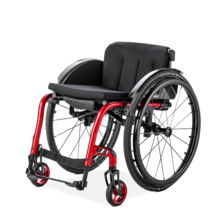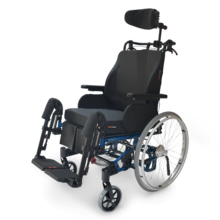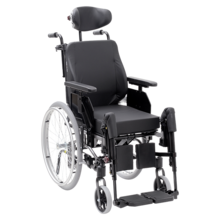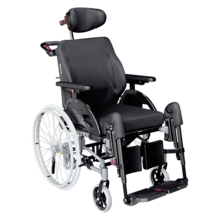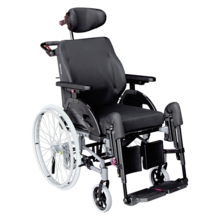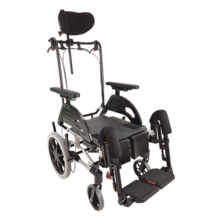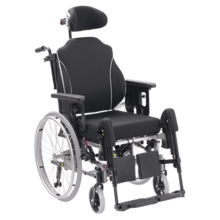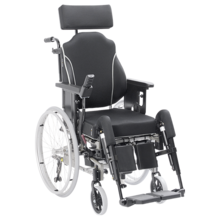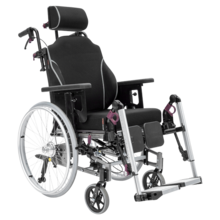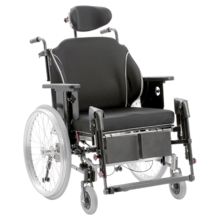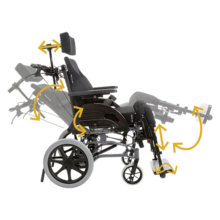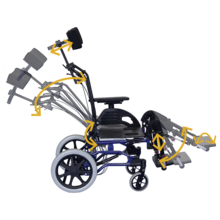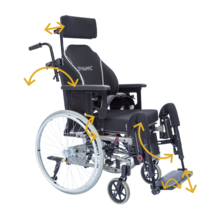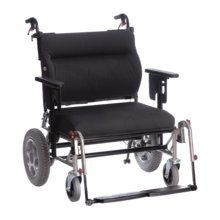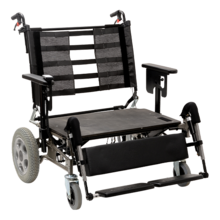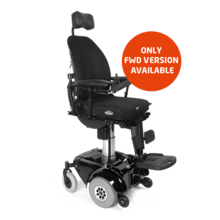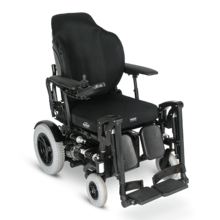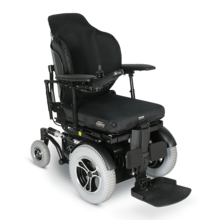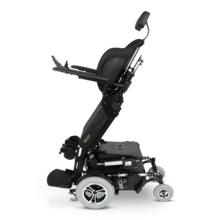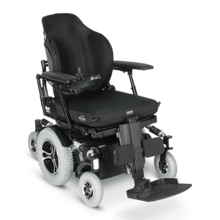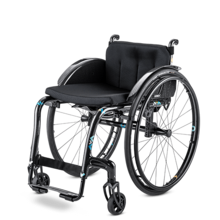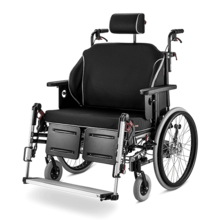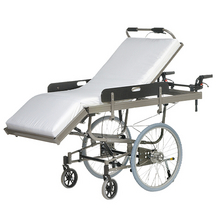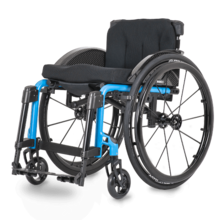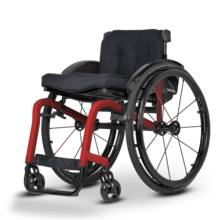Rheumatic diseases (PCP)
PCP stands for Primary Chronic Polyarthritis or rheumatoid arthritis. It leads to restricted mobility that can affect all joints. It is often very painful and, at worst, can cause severe deformities and stiff joint malformations (particularly in the later stages of PCP), which in turn lead to more restrictions in movement. Secondary characteristics often include dysfunctional joint muscles (e.g. loss of coordination) and muscular atrophy (muscle wasting).
Oedema, swollen joints and paraesthesia may accompany these symptoms. Vigorous movements and activities that are demanding for joints (e.g. extreme joint positions) must be avoided, which is why suitable aids with functional designs and/or wheelchairs can help improve specific functions.
Requirements for a wheelchair
- The front section of the frame must be straight and the legrests must be able to swing away and be removable to allow for transfer from the front (possibly via a standing position)
- Mobility and active manoeuvrability must be promoted
- A smooth-running wheelchair must be used so that operating it is joint-friendly and requires less strength (Servomatic drive aid may be used)
- Various heights for "wheelchair movement" as a push wheelchair or manual active wheelchair
- Selection of individual seat and back options for deformities, to prevent bedsores, to support the spine and much more
- Easy-to-use and clear controls (e.g. locking in legrests) for the user and/or carer
- Functional accessories for customisation to the user's remaining mobility or specific problems (e.g. height-adjustable legrests, rotatable backrest, handrim covers, brake lever extensions, etc.)
- Accessories for carer, e.g. push handle or drum brake
- Mobility with car due to simple folding-down/out, low weight and suitability for transport
